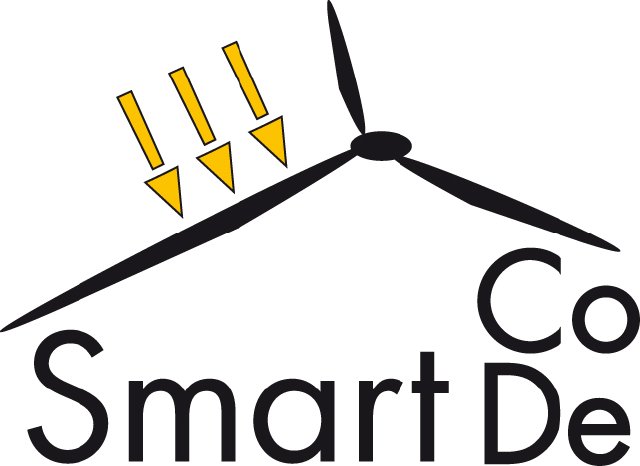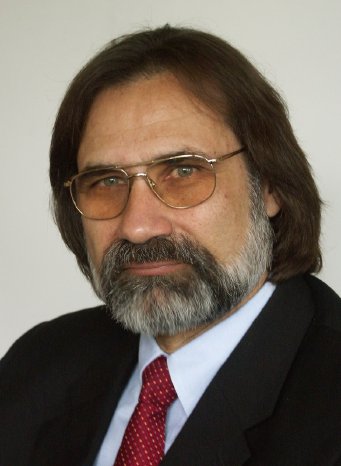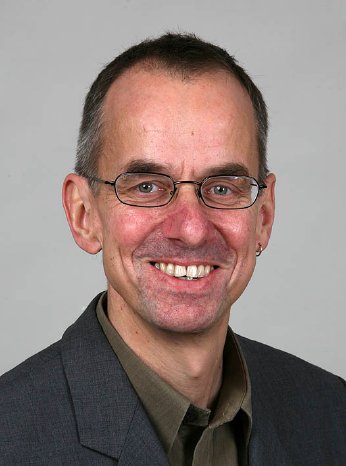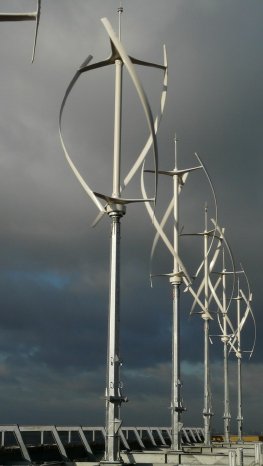On the way to the EU’s objective of deriving 20 % of its energy from renewable resources by 2020, the first SmartCoDe-workshop showed that the world must de-carbonize its energy production and consumption. However, the last two centuries of unprecedented development in the world have improved the human condition enormously and at the same time this has resulted in continuous increase of green house gas emissions also reaching other limits of planetary boundaries: Fundamental, game-changing transformations are needed for a shift toward more sustainable development paths.
In his keynote Prof. Dr. Nebojsa Nakicenovic, from the Vienna University of Technology and the International Institute for Applied Systems Analysis of the Vienna Technical University, pointed out that energy systems technologies need to mesh with emerging innovations in energy networks and end use in direction of smart integration: "The emerging new energy systems require two complementary co-evolutions – one is technological and the other institutional. With new technologies and systems, new business models and institutional arrangements will emerge. All of these complementary and co-evolving transformations will require market, regulatory and behavioral changes." The transformational change toward more sustainable futures requires enhanced research, development and deployment (public and private) efforts as well as early investments to achieve accelerated diffusion and adoption of advanced energy technologies and systems: "The longer we wait to introduce these advanced technologies, the higher the required costs and emissions reduction will be as well as the 'lock-in' into the old structures", he concludes.
The SmartCoDe project aims to use electronic system level (ESL) design and verification techniques to devise a System-on-Chip (SoC) or System-in-Package (SiP) design together with an operating infrastructure concept that enables energy monitoring and control at the home appliance level – at a price that consumers can afford.
"A major issue is that renewable energy supplies are unpredictable. With renewable energy contributing an increasing percentage of the total energy supply, it will become a challenge to keep the power grid both stable and cost-efficient", explains Peter Neumann, SmartCoDe overall project coordinator at edacentrum. "Smart energy management in buildings and their environments can mitigate this problem." The SmartCoDe project is looking at the smart integration of local energy neighbourhoods and the grid, including local energy production (LEP) by small-scale distributed energy generation technologies such as wind or photovoltaic.
The workshop – the first of three between now and 2012 – presented not only on-going research in the area of energy forecasting but also actual issues like the hard- and software requirements to implement an automated energy management system. Also a general overview about the security in smart energy grids and security architecture of SmartCoDe network were provided. Since trust is fundamental to attract customers, the reasons for most known incidents were explained and analyzed. This led to a detailed examination of repeated vulnerabilities caused by software flaws, hardware weaknesses and inherited problems like hardware limitations. The summary demonstrated how these experiences affected the architecture of the SmartCoDe network.
Finally, the concept of a 'local energy resource cluster' was presented which consists of the following energy resources (consumers and producers):
- Locally available renewable energies, especially small-scale wind turbines and/or building-integrated photovoltaics.
- Locally available energy storages such as car batteries (plug-in hybrids, electric vehicles).
- Energy using products such as HVAC, electric lighting, consumer electronics, white goods, etc.
Round about 40 attendees took the opportunity to deepen their knowledge together with the experts from the eight SmartCoDe-partners coming from five European countries: Ardaco works on secure data transmission and secure communication. Ennovatis is specialized on energy management systems while Infineon is focussing on system integration and SoC/SiP. Quiet Revolution works on small-scale energy generation like wind turbines and energy forecasting. Tridonic is targeting lighting and building automation. Finally, the University of Novi Sad develops the energy management software while the Vienna Technical University is modeling and designing the wireless sensor network.
The conference proceedings are available free of charge for download at: https://www.fp7-smartcode.eu/.... If a paperback is required, a service charge of 40,-€ is due for payment.
###
About SmartCoDe
SmartCoDe is a 7th Framework Program (FP7) project funded by the European Commission. Its primary mission is to balance and reduce the energy consumption of small buildings and neighbourhoods and pave the way for energy-neutral / energy-positive local grids. The project which commenced in January 2010 is a three-year Specific Targeted Research Project (STReP) funded under the programme "ICT-2009", in the area "ICT support to energy-positive buildings and neighbourhoods". It includes eight partners from five European countries with the following responsibilities: Ardaco, a.s., Slovakia (secure data transmission, secure communication), edacentrum GmbH, Germany (project coordination, dissemination of results, web portal), ennovatis GmbH, Germany (energy management systems), Infineon Technologies Austria AG (system integration, system-on-chip (SoC), system-in-package (SiP)), Quiet Revolution Ltd., U.K. (small-scale energy generation (wind turbines), energy forecasting), Tridonic Atco GmbH & Co KG, Austria (lighting and building automation), University of Novi Sad, Serbia (energy management software) and Vienna Technical University, Austria (modelling and design of wireless network).
For further information, please visit www.fp7-smartcode.eu




